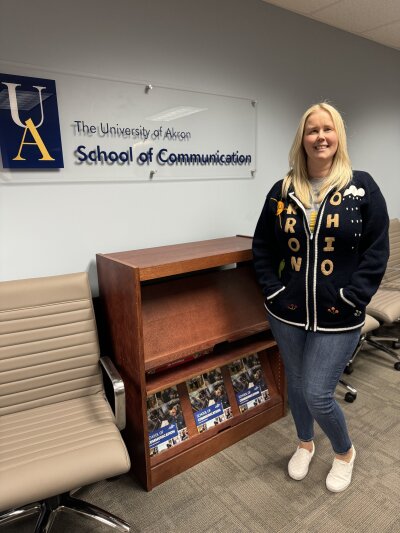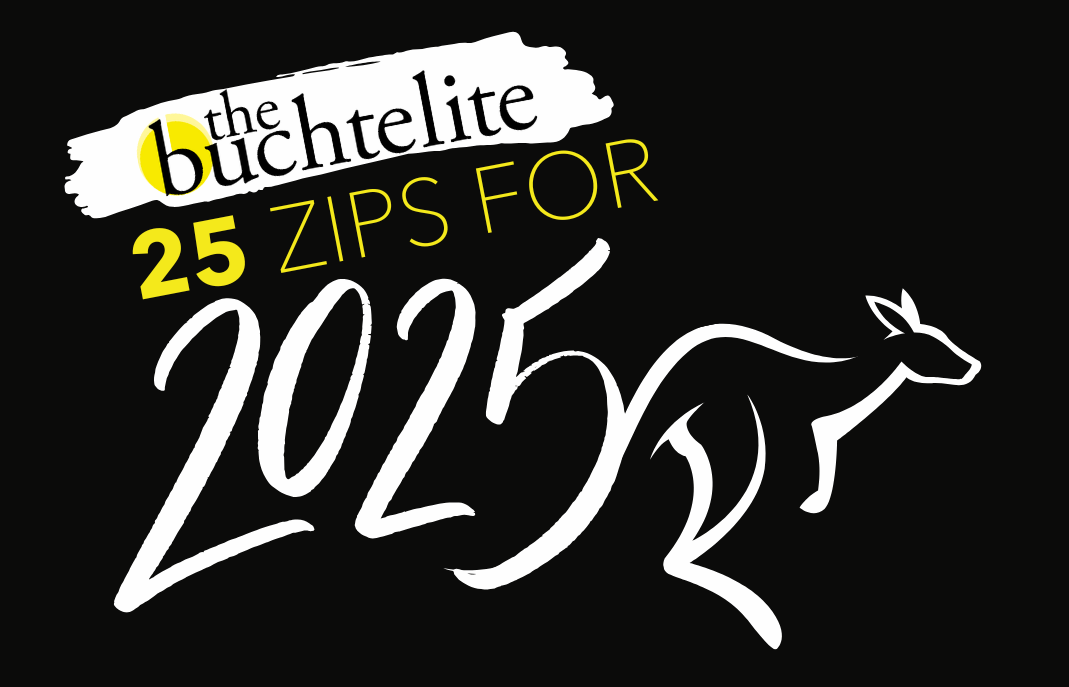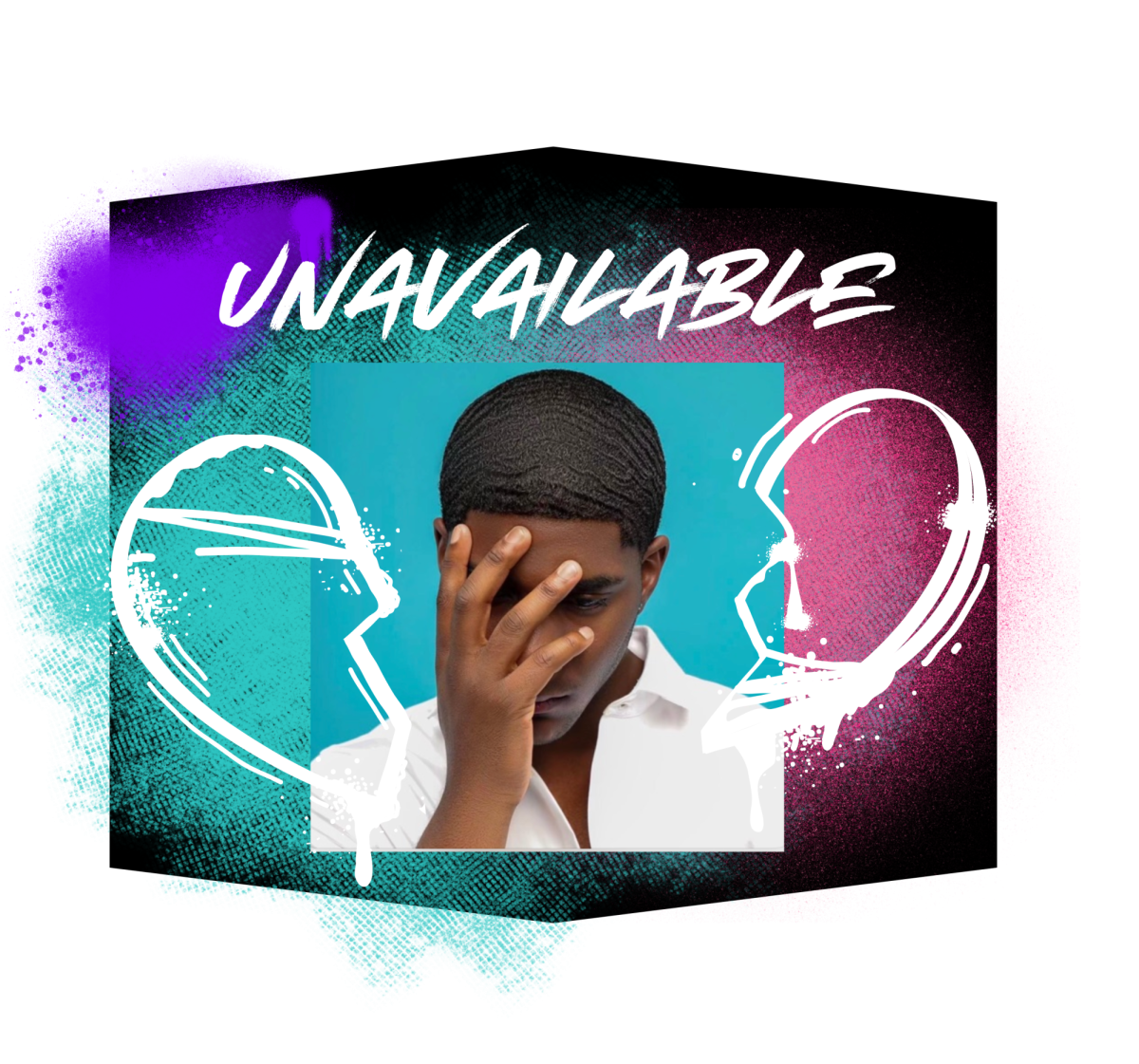UA prof publishes short story
December 8, 2016
UA English professor Robert Pope has recently published a short story called “Speaking for Myself” in Chicago Literati, a literary magazine based out of Chicago.
The nonprofit magazine, which publishes “diverse voices” and “champions the unknown artist,” used Pope’s story in its December “existentialism” issue.
Pope, who teaches fiction writing and literature at UA, has previously published a novel, “Jack’s Universe,” a collection of short stories called “Private Acts,” and other stories and personal essays in other magazines.
Pope submitted “Speaking for Myself” to Chicago Literati after the magazine published a previous of his, “Shutterbug.”
The theme of “Speaking for Myself” centers on consideration of “an existential portrait of the self.” Throughout the work, the reader has the opportunity to join the author’s journey and point of view as he contemplates the differences in his physical self and his consciousness. In explaining the idea of “me vs. myself,” of the notion of “paradoxical freedom,” Pope says that “often we value the life of the mind over the life of the body.”
“But nothing stops us in our tracks as much as an accident that affects the functioning of the body,” Pope says. “Then, our minds can’t move on. Our attention is drawn to the life of the body, and we realize we should have taken better care of it. We discover the body is important to the life of the mind, which can’t continue without the body.”
Pope himself understood this firsthand when, in 2006, he suffered a heart attack that required surgery. He knew he had to change his lifestyle to allow him to continue living life and enjoying its many gifts, and did so willingly. While he says he has committed to healing his physical self, “it’s the life of the mind [he lives] for.”
Pope’s writing career started at The University of California, Berkeley, where he studied English literature. He eventually went on to get a Master of Fine Arts degree in fiction writing at the renowned University of Iowa writing program.
At first, Pope wrote poetry, but as his work began to lengthen, he found himself within the realm of writing short stories. “I found that I loved the [short story] form and read every collection of short stories I could…The form has been imprinted in my psyche and has never ceased to interest me.” While he enjoys reading novels, he says writing short stories gives him “the sense of being in [his own] laboratory.”
Early influences like Bernard Malamud gave Pope what he calls “an electrifying experience” into the world of short stories and the places they could take him as a reader and writer.
Pope describe fiction writing as “a compulsion in [his] life, a desire that never goes away.” He appreciates the entire writing process, “from idea through every draft,” and loves “the discovery that comes with each new draft.”
“With each discovery,” Pope explains, “there is an engagement that I get from nothing else: the engagement of my mind and senses and body as I work toward the finished story.”
Pope says he can only hope that his readers take with them “the joy or pleasure of language in its ability to carry images and to delight our ear and mind.”
Through teaching literature and his overall work as an educator, he says that he also finds great joy. “All it takes is for someone to say something that reveals what they have learned and how they have processed it to give me a great jolt of happiness,” he says about interacting with his students.
“What’s important is the moment in which you bring the class to them, and they give it back.”













